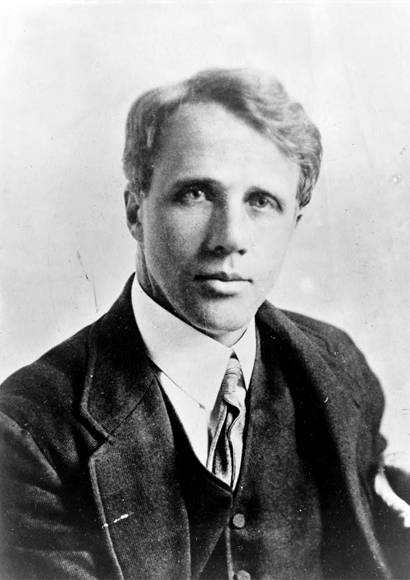Originally published in the Times Argus/Rutland Herald Weekend Magazine, February 4, 2023 for the “Remember When” column with the title, Lucy Terry Prince
On August 14th, 1821, an unusual obituary ran in the Bennington’s Vermont Gazette. It was particularly detailed and for a woman, a black woman. Furthermore, this “remarkable” and “much respected woman” in whom “there was an assemblage of qualities rarely to be found among her sex,” was one of the first settlers in what would become the state of Vermont.
If that’s not enough, she is considered this country’s first known African American poet.
The story of Lucy Terry Prince is as fascinating as it is complex. The many twists and turns of her 90-plus years cannot possibly be captured here – what follows is the barest outline of a life that bore witness to the very beginnings of what would become the United States. (For a meticulously researched, in-depth study of her and her family, see Gretchen Holbrook Gerzina’s Pulitzer Prize nominated Mr. and Mrs. Prince: How an Extraordinary Eighteenth-Century Family Moved Out of Slavery and Into Legend.)
In approximately 1730, a little girl was born in Africa, who, when barely out of toddlerhood, was kidnapped and shipped off to the American colonies. Most likely landing in Boston, she was sold to Samuel Terry and given the name Lucy. From there she was sold to Ebenezer and Abigail Wells of Deerfield, MA, becoming an integral – but far from equal – member of the family.
Continue reading
